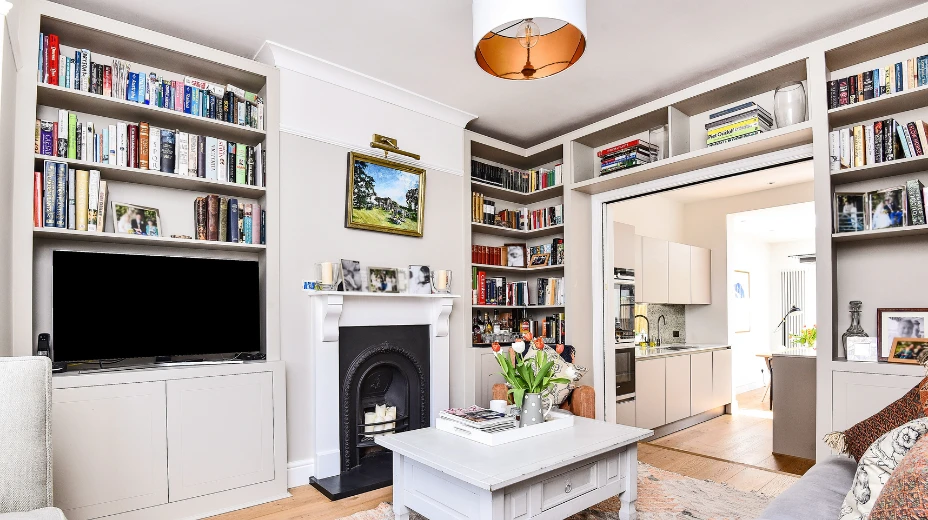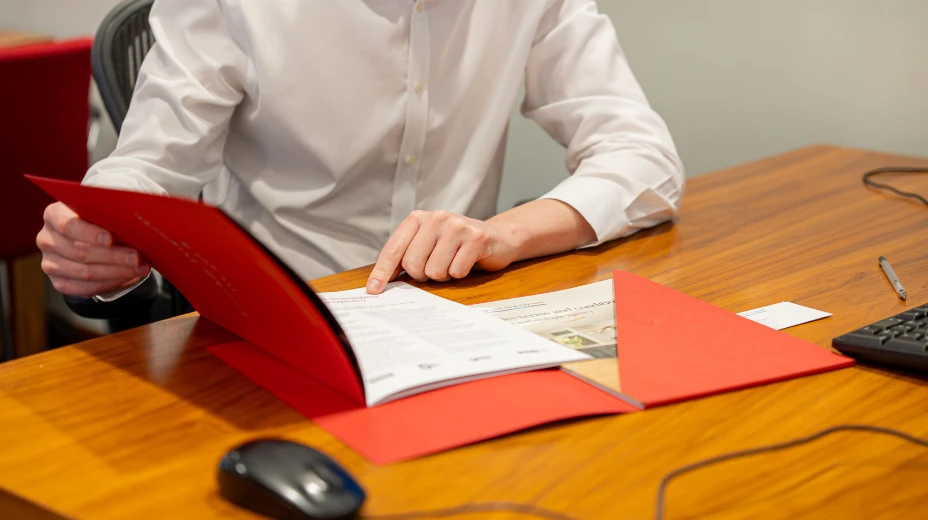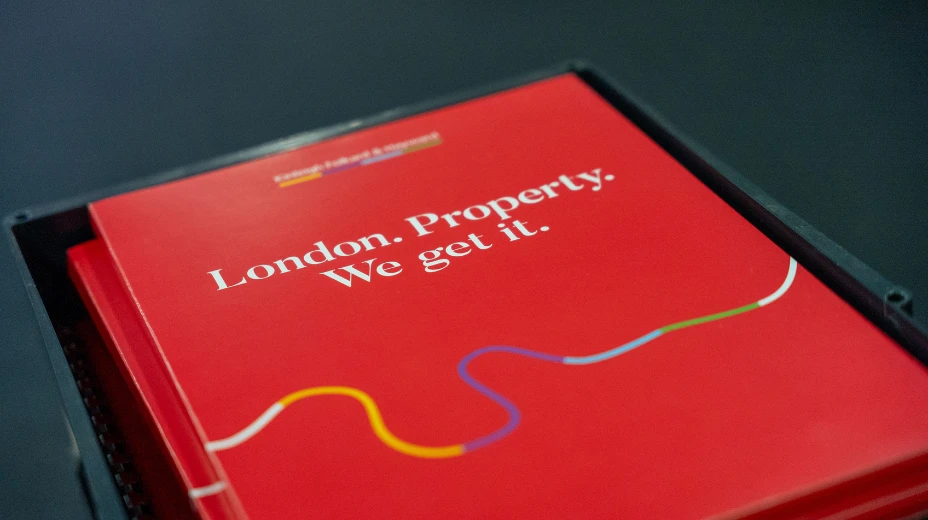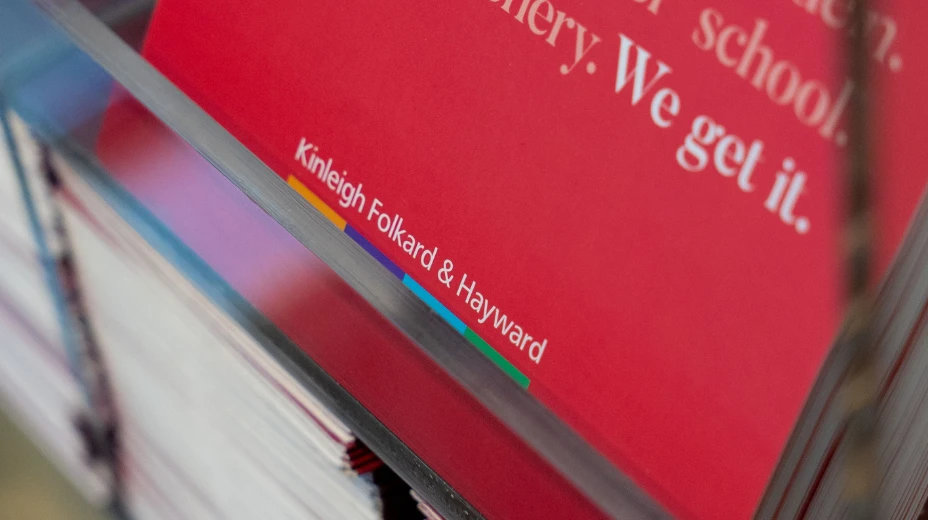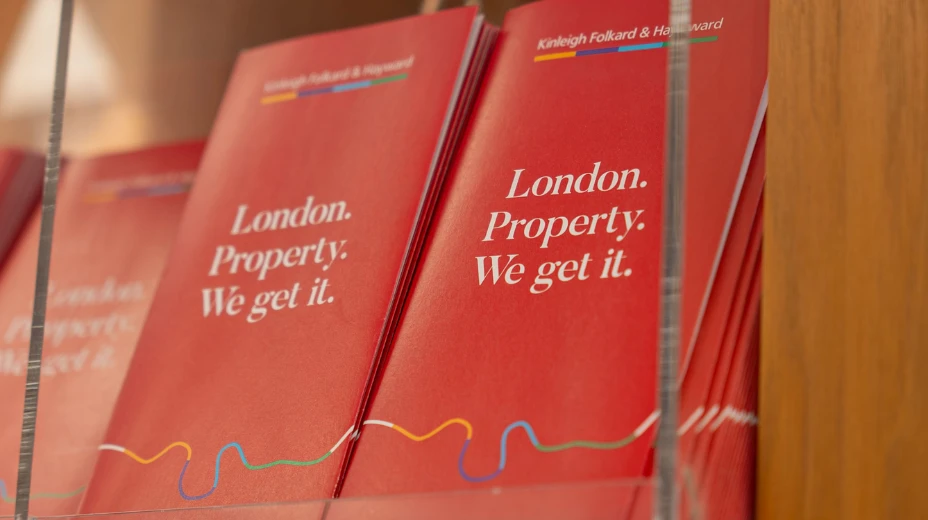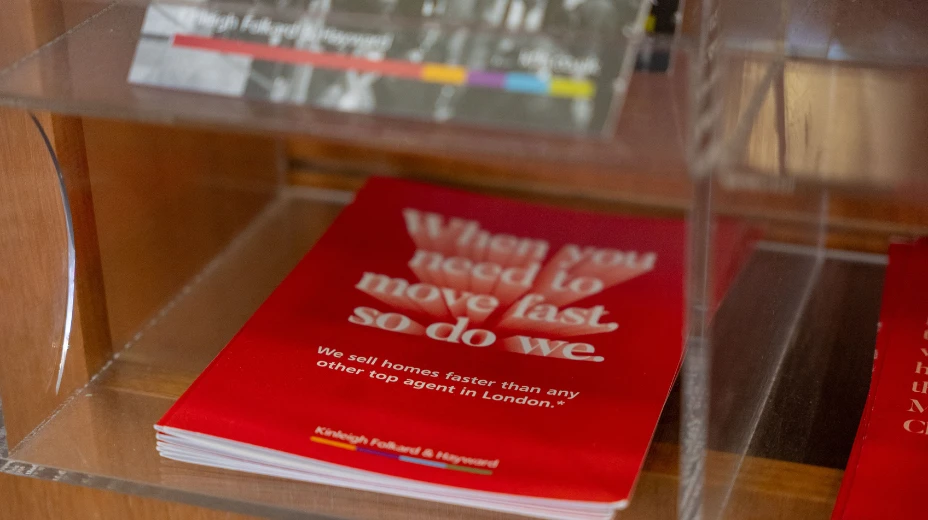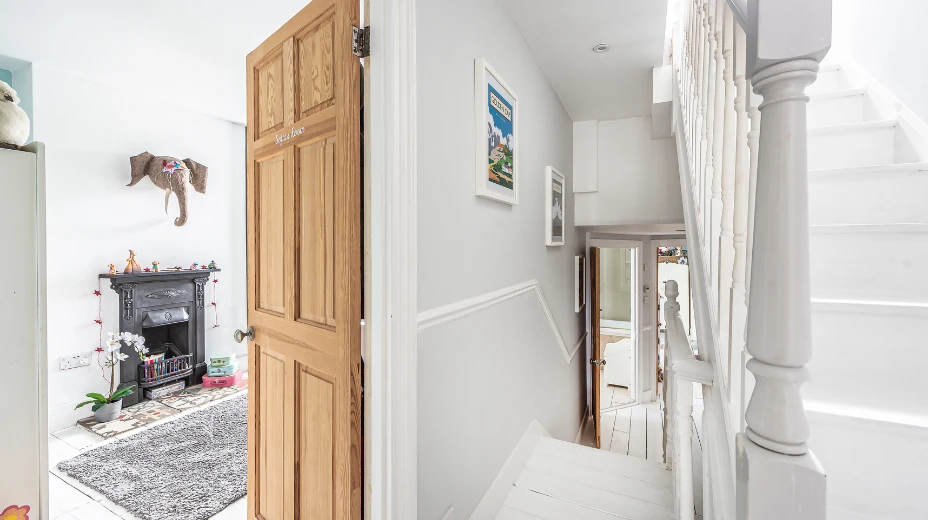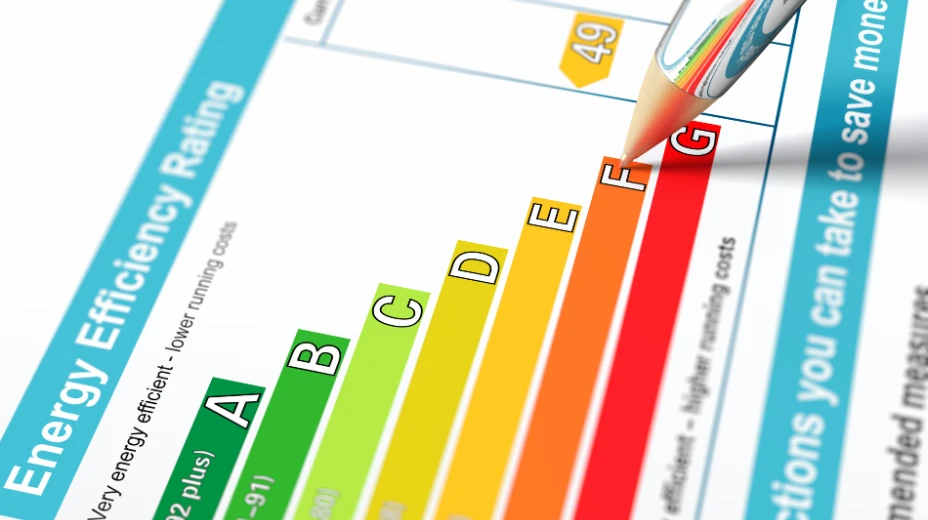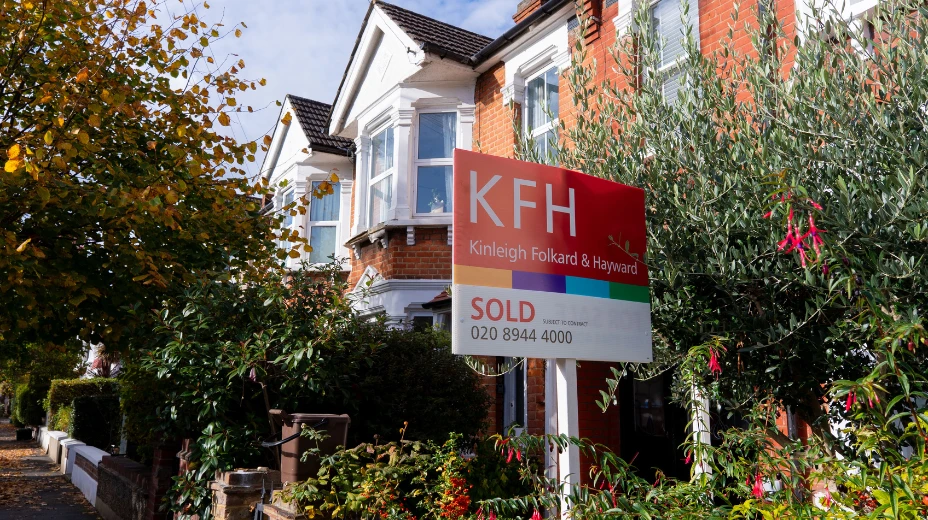Managing a tenancy

As a landlord, you are responsible for ensuring your rental property is safe, secure, and compliant. When issues arise, they must be managed promptly to protect your investment and maintain a positive tenant relationship.
Costs
Key costs to consider when letting a property include:
- Letting agent fees.
- Property maintenance and safety checks.
- Income tax and Capital Gains Tax (CGT).
- Landlord insurance.
- Unpaid rent and void periods
Some costs, such as letting agent fees and insurance, are tax deductible.
Managing the Property Yourself
Being a landlord requires an investment of time as well as finance. You will also need to be able to maintain a business relationship with the tenant. For example, if rent is late, you may need to assert your legal rights. If you do not have the time to manage your rental property, appointing a letting agent may be the solution.
Appointing a letting or managing agent
Many landlords choose professional support. Service levels include:
- Letting service: Marketing, tenant sourcing, referencing, tenancy agreements, deposit protection, inventory, and rent processing.
- Full management: Includes all of the above plus day-to-day property management, safety checks, bill payments, inspections, and deposit settlement.
Read our guide to choosing a letting agent or find out more about our property management services here.
Legislation and compliance
Landlords must meet legal requirements, including:
- Property fit for letting
- Consent from lender, insurer, or freeholder
- Deposit protection within 30 days
- Valid Energy Performance Certificate (EPC) rated A–E
- HMO licence where applicable
- Gas safety certificate provided before tenancy starts
- Electrical safety compliance (EICR mandatory)
- Fire safety: smoke alarms on every floor, carbon monoxide alarms in rooms with combustion appliances
- Furniture compliance with fire regulations
- Legionella risk assessment
Administration
There are various documents and areas of ongoing administration that are required in order to let and manage a property. The extent to which you are involved will depend on whether you are managing the property yourself or appointing an agent to manage the property for you. Key areas to consider include:
- Letting agent and maintenance contracts
- Tenancy agreements and notices
- Inventory checks
- Tenant referencing and Right to Rent checks
- Deposit protection and settlement
- Rent collection
- Compliance documentation (gas, electrical, fire safety, EPC, licensing)
Repairs and maintenance
Your tenant should bring any issues that arise to your attention (or to your managing agent if one has been appointed). If you manage the property yourself, you will need to find a suitable tradesperson to make any necessary repairs.
If a letting agent is managing the property, they will use one of their approved contactors to provide a quote for the work, which you will then need to agree to before the work is carried out.
You are required by law to give the tenant a written response to any legitimate maintenance or repair request within 14 days of the tenant notifying you of the issue, setting out how you intend to deal with it and a reasonable timescale.
Contact our property management team for more information.
Property visits
Once your property is let you will have effectively given possession to the tenant. However, you will still need to protect your asset and ensure there are no issues. You may therefore wish to arrange property visits at intervals throughout the tenancy.
It is important to remember that unless it is an emergency, if you want to access the property you must provide your tenant with at least 24 hours’ written notice. Many landlords arrange for their property to be inspected twice in a rental period (every three months in a six month tenancy or every six months in a 12 month tenancy).
As part of KFH’s property management service, bi-annual property inspections are provided. To find out more about our property management services, contact our property management team.
Rent collection
It is your tenant’s responsibility to ensure that their rent is paid every month of the tenancy. If you manage the property yourself, you will need to agree how you receive the rent and at what frequency. If you appoint a letting agent, they will be able to arrange this for you and also chase any late payments.
Rent increases
A letting agent will have a good knowledge of local market conditions and will be able to advise on negotiating rent increases. If you decide to manage your rental property yourself, you will need to keep up to date with the local market and ensure that you are increasing rent in line with the terms of the contract and relevant legislation.

